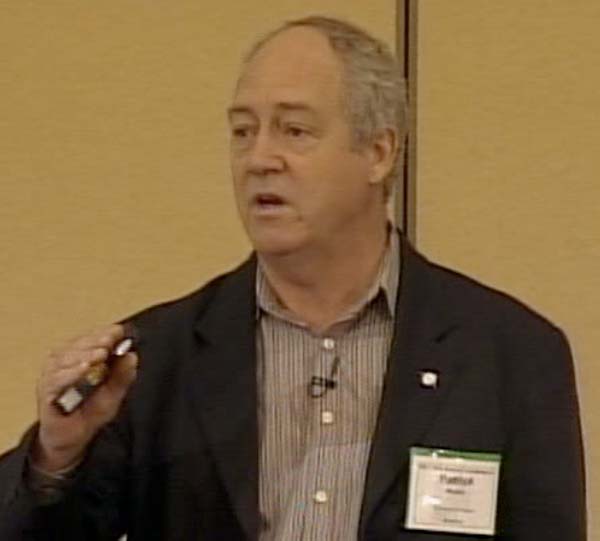New Advertising Trend: Fake "Public Service" Ads
Submitted by Anne Landman on

Submitted by Anne Landman on
Submitted by Diane Farsetta on
The pharmaceutical company Merck "paid an undisclosed sum to Elsevier to produce several volumes of a publication that had the look of a peer-reviewed medical journal, but contained only reprinted or summarized articles -- most of which presented data favorable to Merck products." The Australasian Journal of Bone and Joint Medicine carried "ads for Fosamax, a Merck drug for osteoporosis, and Vioxx" and "appeared to act solely as market
The Nuclear Energy Institute (NEI) and Pharmaceutical Research and Manufacturers of America (PhRMA) have more in common than being major industry lobby groups.
Submitted by Diane Farsetta on
"At the same time the Pharmaceutical Research and Manufacturers of America (PhRMA) was paying one of [Senator Orrin G. Hatch's] sons, Scott, to be its lobbyist in Congress," it and its drug company members were making major donations to a nonprofit organization that Senator Hatch helped found and actively supports.
Submitted by Diane Farsetta on
In 2002, an independent study on hormone replacement therapy was halted, because the drugs were strongly linked to an "increased risk for breast cancer, heart disease, stroke and blood clots" in women. The same year, the University of Wisconsin-Madison began offering an online course, "funded entirely by a $12 million grant from Wyeth Pharmaceuticals," that "promoted hormone therapy, touted its benefits and downplayed its risks." Wyeth makes two hormone therapy drugs, Prempro and Premarin.
Submitted by Diane Farsetta on
 It is "inevitable that a small amount of ingested pharmaceuticals will eventually show up at trace levels in wastewater," Greenpeace activist turned industry PR consultant Patrick Moore writes in an op/ed.
It is "inevitable that a small amount of ingested pharmaceuticals will eventually show up at trace levels in wastewater," Greenpeace activist turned industry PR consultant Patrick Moore writes in an op/ed.
Submitted by Diane Farsetta on
Eli Lilly will pay the largest fine "in a health care case, and the largest criminal fine for an individual corporation ever imposed in a U.S. criminal prosecution of any kind." The pharmaceutical company will pay $1.42 billion to settle criminal and civil charges related to the marketing of its anti-psychotic drug Zyprexa.
Submitted by Diane Farsetta on
According to internal documents, the pharmaceutical company Wyeth "paid ghostwriters to produce medical journal articles favorable to its female hormone replacement therapy Prempro." As early as 1997, Wyeth paid the "medical writing firm" DesignWrite to publish favorable journal articles about Prempro under academics' names.
Submitted by Sheldon Rampton on
The Canadian Association of University Teachers has strongly condemned a new lawsuit by the Apotex pharmaceutical company against Dr. Nancy Olivieri. As a liver specialist at the University of Toronto, Olivieri first came under attack from Apotex in 1996 when she notified her patients that she had detected toxic side effects while conducting an Apotex-sponsored study of the company's drug, deferiphone.
Submitted by Sheldon Rampton on
Doctors Frederick Goodwin and Joseph Biederman are counterattacking in an effort to defend their reputations following disclosures that they took millions of
Center for Media and Democracy (CMD)
520 University Ave, Ste 305 • Madison, WI 53703 • (608) 260-9713
CMD is a 501(c)(3) tax-exempt non-profit.
© 1993-2025